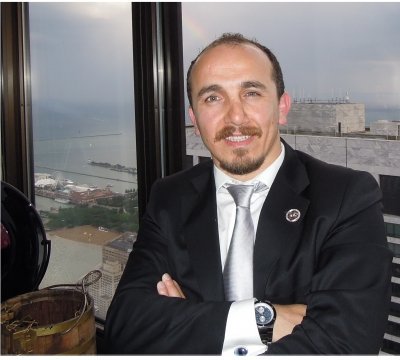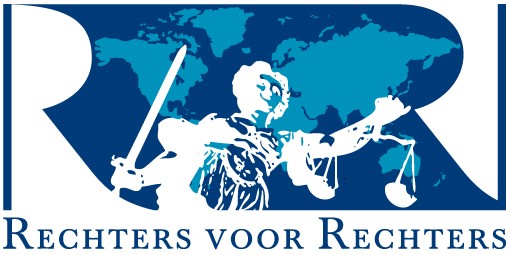



 On behalf of the Platform for an Independent Judiciary in Turkey, Judges for Judges sent two observers to the trial of Mehmet Tank, former Vice President of the International Association of Judges (IAJ) and board member of dissolved magistrates association Yarsav.
On behalf of the Platform for an Independent Judiciary in Turkey, Judges for Judges sent two observers to the trial of Mehmet Tank, former Vice President of the International Association of Judges (IAJ) and board member of dissolved magistrates association Yarsav.
The (third session) of the trial against Mehmet Tank (MT) started at about 14.30 h. Tank and his lawyer were connected by video from the prison in Erzurum.
After some problems with the video-connection, the trial started with the testimony of the anonymous witness Defne. He/she did his/her testimony by video as well. His/her face and voice were scrambled.
The interrogation lasted until about 15.30 h. Then MT/his lawyer and the presiding judge discussed the statement of another witness, KD. It was a written statement which was in the file. This part of the trial ended with a number of requests from the defense concerning, among other things, the GPRS data.
At about 15.50 h. the public prosecutor made a very short statement in which he stated that there is sufficient and convincing evidence against the suspect.
From 16.00 – 17.00 h MT has given an extensive statement. He has disputed, among other things, that the data relating to Bylock are reliable. Based on a number of examples, he illustrated that certain data certainly can not be correct. For example the report mentioned two contacts with the app within one hour in cities at a distance he (and his phone) could not possibly travel within that time.
About 17.00 h: short break. In this break we were able to communicate with MT via the video. He appreciated that we were there. We wished him all the best and passed the greetings of our organisations.
From 17.10 h In line with MT’s statement, his lawyer gave a statement and made requests, among other things for the immediate release of the pre-trial detention.
About 17.28 h : another break. We thought that it would only be for a decision on the request for the release of pre-trial detention.
After 10 minutes the judges came back and – to everybody’s surprise – gave the final decision: 8 years and 4 months imprisonment !
Some observations
- Panel of three judges behind a high counter (more than 1 m higher than the court room and the defendant). The Public Prosecutor was sitting at the same counter and there was no separation between him and (seen from our perspective) the left judge. The distance between the Public Prosecutor and the left judge was no more than the distances between the judges themselves.
- There were several tête-à-tête’s between the Public Prosecutor and the left judge. They could see each other’s computer screens and as far as we could observe it, they actually looked at each others screen sometimes.
- The defendant and his lawyer were not present in the court, they participated in the session by a video-connection with the prison in Erzurum. This devaluated the interaction between the trial participants to a certain extent.
- After the interrogation of the anonymous witness (code name Defne) the Public Prosecutor made his final conclusion consisting of no more than a referral to the indictment.
- The Public Prosecutor did not reply, neither to the statement of MT nor to that of his lawyer.
- Then the court ended the presentations of MT and his lawyer (“it takes too much time”) and denied a request for more witnesses. They retired in chambers.
- MT’s wife and brother in law had indicated before the session that they expected that the court would hear two witnesses, that the court would deal with a request for release and that the court would postpone the case for hearing other witnesses. However, after about 12 minutes of deliberations the court returned and rendered its definite judgment: 8 years and 4 months of imprisonment. There was no reasoning yet, that will follow later. Passing the verdict took no more than 30 seconds and was done rather casually. It was a big surprise that the court apparently concluded that the case had been finalized and of course the outcome hit hard all the more.
- We could not avoid the impression that the court did not deal adequately and meticulously with the evidence and the questions the defense raised in that respect as it should have done. Of course we do not have the files, so it is difficult to draw definite conclusions. However, nothing of the kind was shown at the trial session: no analysis, no discussion at all. As far as justice has to be seen to be done, we did not see it.
